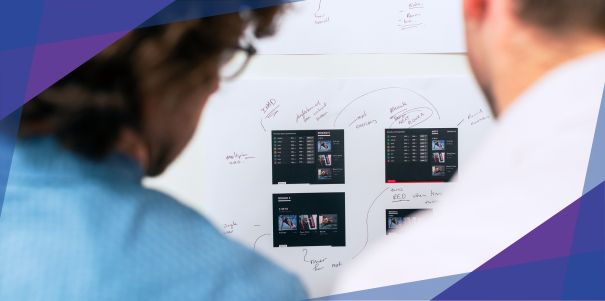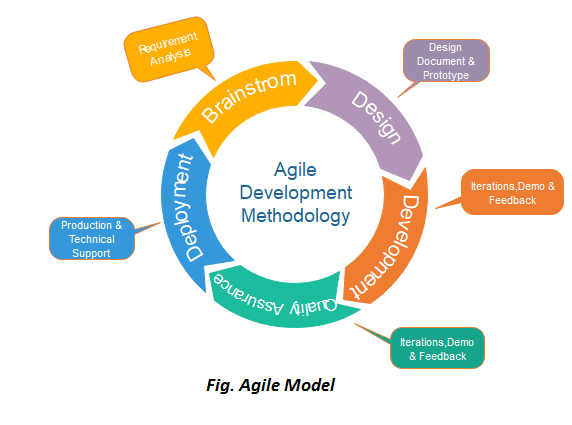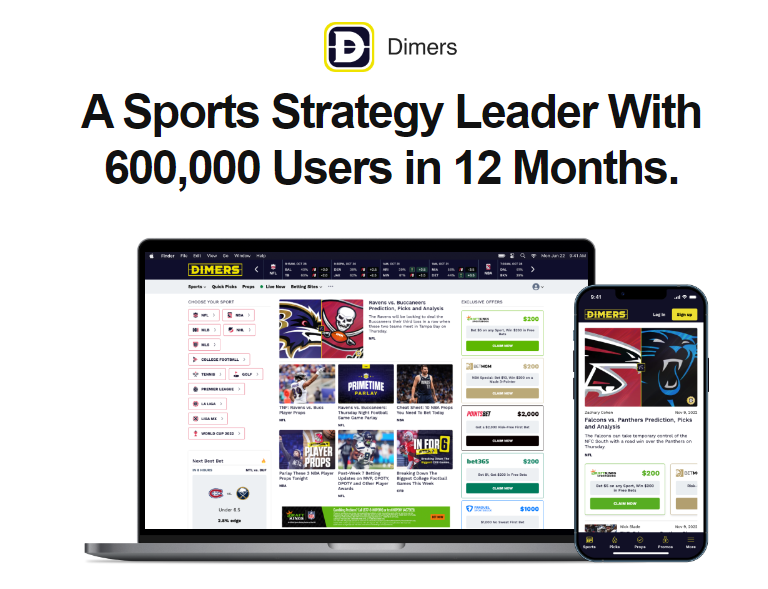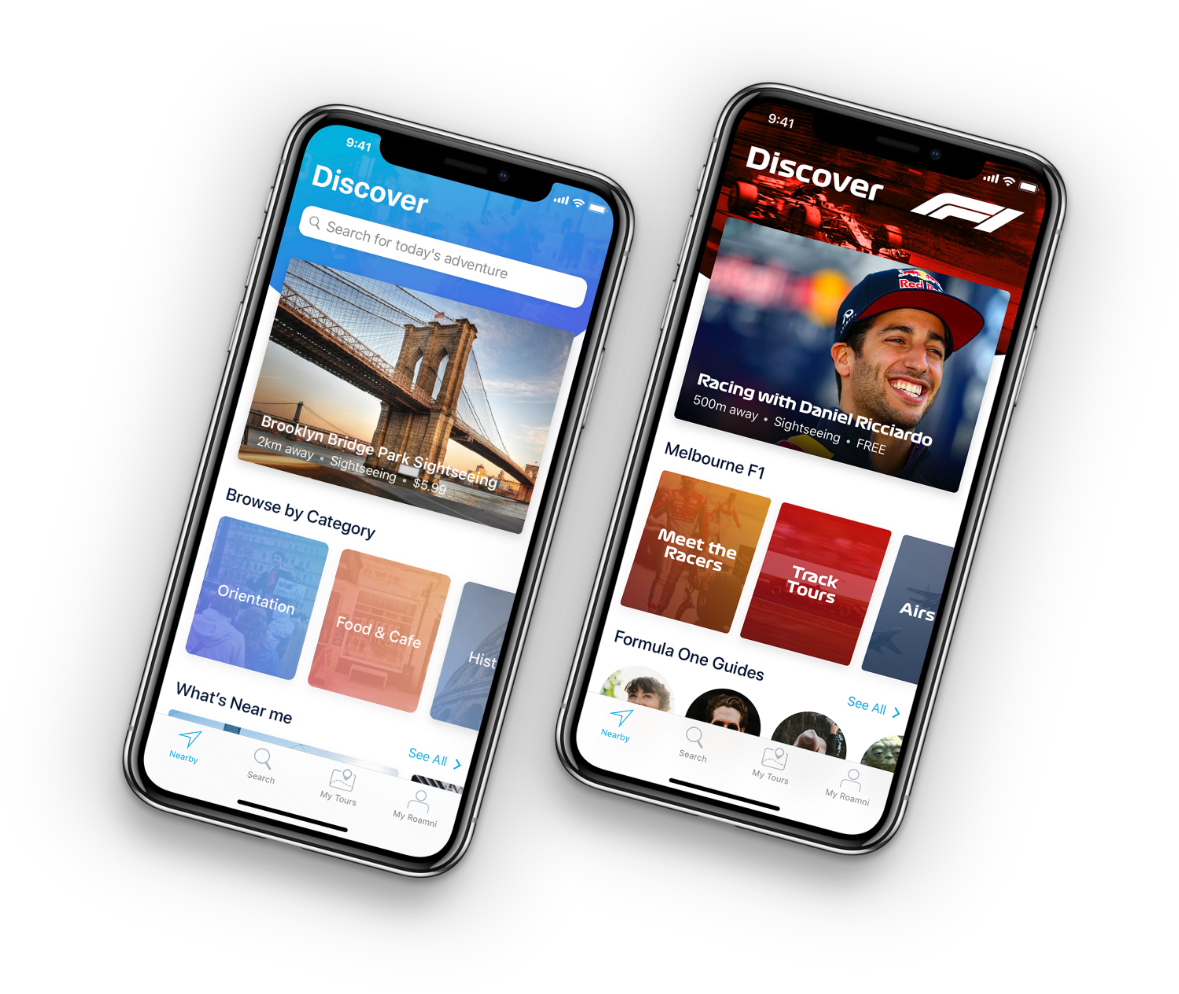How Long Does It Take to Develop an App?

“Time is money.”
This infamous quote by Benjamin Franklin holds true in app development.
Are you looking to bring your latest innovation to the market? Knowing how much time and energy goes into developing an app is essential.
Why? Because your app development timeline affects your app development cost.
But first, let’s set some expectations: getting an exact timeframe for turning your app idea into a tangible product is virtually impossible.
The app development timeline is a complicated meat grinder. Each app is unique, and many variables affect a web or mobile app development process.
Even the most seasoned app developers, if they are being straight with you, often takes time to scope your project’s requirements before giving you an estimated timeline.
In this blog post, I’ll break down the major stages that make up the entire process of developing web or mobile apps.
Knowing the steps every web or mobile app goes through can give you an idea of your average app development time — which is the next best thing you can have to come up with a data-driven plan.
But before we get into that, let’s first discuss one crucial factor that affects any web or mobile app development timeline: app complexity.
First things first: how complex is your app?
Your app’s complexity significantly affects the app development process and timeline and must be factored into the plan.
The more complex your app feature, the longer the development timeline.
This is because complex features require your web or mobile app developers to invest time studying the technology before implementing it on your app. They also need to pay closer attention to how different app elements interact and spend time debugging any issues.
But what does a simple or complex web or mobile application look like? Again, scoping a project is not an exact science. Still, in most cases, our business analysts take the following factors into account when scoping:
| Basic App | Simple App | Complex App |
|---|---|---|
| Has basic or common interface
Develops for one platform Has MVP features |
Has custom user interface
Develops for one platform Has advanced Features |
Feature-heavy user interface
Develops for multiple platforms Has a novel feature/s Requires API or integration with third-party applications Has sophisticated data models Requires a new technology |
Now that we’ve established what (generally) basic, simple, and complex apps look like, let’s take a look the app development stages and the average time for each.
How Long Does It Take to Develop an App? Let’s Look at Every Stage
#1 Planning Stage
Developing an app requires a lot of research and planning. Depending on the complexity of your app, app development planning can take one to eight weeks.
It can be difficult to deploy a successful app that meets user needs without the necessary groundwork. Poor planning also often leads to a longer and more expensive app development cycle.
App developers likely need to change app designs multiple times before they finalize the specifications to create apps that satisfy user expectations.
Thus, app developers must cleverly use the time allocated for app planning to achieve desired results.
“When the client is unsure of his desired output and wants to change every now and then, and we’ve got the wrong estimation of the timeline of the projects, those are the biggest challenges we usually encounter. When we encounter this type of issue, we usually just communicate with our team and the client to get a better understanding of what we really want to achieve.”
— Issa Daluro, QA Specialist, Appetiser Apps
One of our product managers, Tovah Otton, also has tips to help you better navigate the planning stage of your app development journey:
- Define why you are making the app — what problem does it intend to solve?
- Identify target audiences and their usage habits to get an idea of desired app functionality.
- Conduct market research to understand the current app landscape.
- Research possible competitive app offerings to design a desirable app with unique features or better in-app performance.
- Figure out the most essential features of your app — this will be your minimum viable product (MVP).
You’ll learn more about the importance of an MVP when you check out our article on how to start lean with MVP app development.
#2 Design Stage
One of the most important steps in app development is the design stage.
During this stage, the app’s user interface, features, and visual elements are designed and built. This step is an essential part of app development as it ensures that all user experiences are smooth, user interfaces are entirely navigable, and all functions are stable.
Again, depending on your project’s size and complexity, the design stage of app development can vary greatly in length.
At Appetiser, however, we utilize a proprietary Baseplate that allows us to speed up this stage while ensuring top-quality output.
Our design process involves:
- Sketching
- Wireframing
- Adding colors
- Branding
- Creating a final prototype
Unless more research is necessary, the entire process often takes us no longer than 8 weeks to accomplish.
#3 Development Stage
This stage is where the actual app coding happens and is often the longest part of a web or mobile app development timeframe.
App development is an iterative and often lengthy process that typically takes a few weeks to several months, depending on the complexity of your web, iOS, or Android app.
This is why, at Appetiser, we help our partners define their minimum viable product as early as the planning and ideation stage.
Doing so makes it easier for us to prioritize frontend and backend development tasks and deliver rapid yet quality results following agile methodology.
Agile development consists of creating small progressions toward a final product, which allows for faster improvements and solutions in response to your insights.
A quality assurance team will be evaluating app performance at each step throughout its development cycle while incorporating feedback from users when applicable. You may also opt to perform beta testing to uncover bugs after full development.

Source: Javatpoint
In our experience, the agile app development process also leads to higher user satisfaction as it facilitates faster product iteration based on your target audience’s feedback.
Through this data-led approach, our app development company has helped numerous partners attain speed to market, achieve a significant return on app investment, and gain a competitive advantage.
Take, for example, Dimers.
In under four months, we helped the Aussie-born sports prediction startup launch its web app and make a global impact. Dimers has managed to generate thousands of users, secure $5 million in funding, and penetrate the illustrious US market.

Check out the Dimers case study to learn more about their journey to rapid app success.
#4 Launch
Launching an app isn’t as simple as clicking a few buttons, particularly if you’ve developed a native application.
Before publishing your product in the app stores, your Android or iOS app has to go through review processes.
The Apple App Store reviews 90% of the iOS apps submitted to the platform in less than 24 hours. If your app meets its respective guidelines, you can expect it to be deployed near that timeframe.
Meanwhile, Android app deployment on the Google Play Store usually takes 2 to 7 days, depending on app complexity and other factors. The review process may even take longer in exceptional cases.
Flexibility matters
Developing an app is a complex process, and there is no definitive answer to how long it takes.
While understanding what resources are needed for your app and allocating a budget accordingly may give you a baseline timeframe, it’s important to remember that unexpected delays can occur, so flexibility can prove invaluable.
Each project is unique. And developing an app involves making decisions at every step that considerably impact both app development cost and length.
Working with experienced developers with proven skills, knowledge, and experience lets you identify potential problems before they arise, ensuring that your final product is fit for purpose when it launches.
And if you want to build with that kind of app development team, hit us up, and let’s discuss your app idea!



